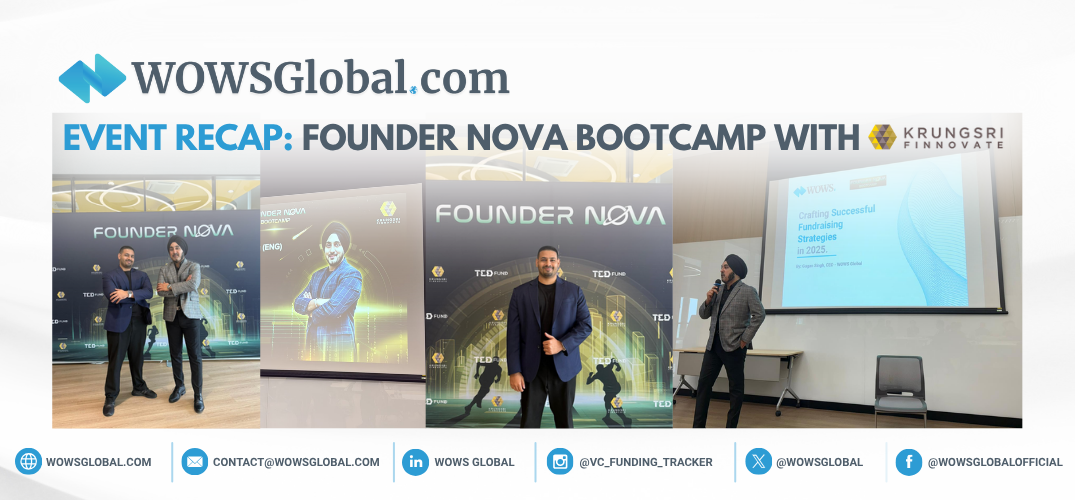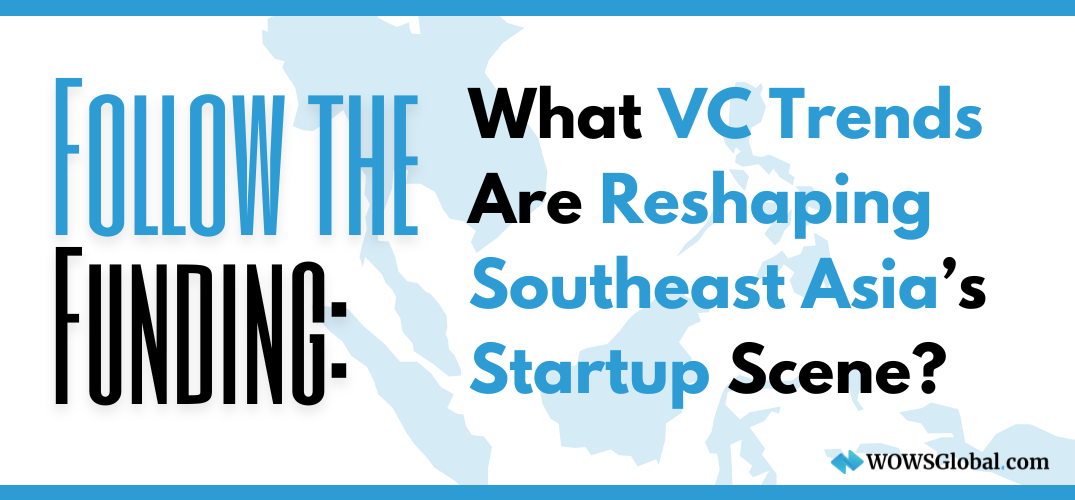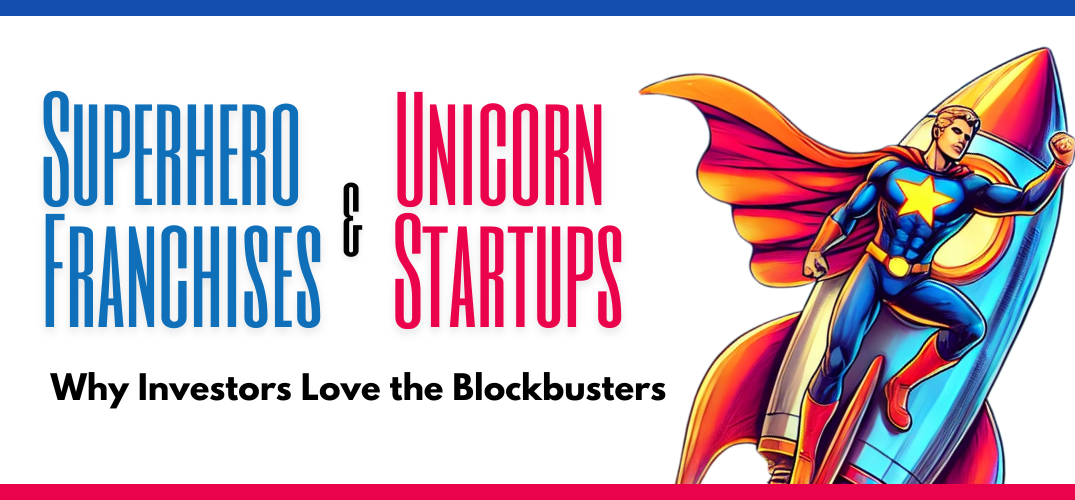Creating an Effective Employee Stock Option Pool (ESOP) for Startups
ESOP Startups Vesting Schedule 5-7 minutes

Creating an Effective Employee Stock Option Pool (ESOP) for Startups
Creating an Employee Stock Option Pool (ESOP) is a crucial step for startups, ensuring alignment with your team's growth and incentivizing long-term commitment. Here's a concise guide on establishing an effective ESOP pool:
1. Initial Pool Size:
Start with a pool size between 7.5% to 10% of the company's total equity before the first institutional financing. This range is generally sufficient to attract and retain key talent in the early stages.
2. Increasing the Pool Post-Funding:
As the company grows and secures additional institutional funding rounds, be prepared to expand the ESOP pool. This may be necessary to accommodate new hires, senior management, or additional incentivization.
3. Types of Grants - Options/RSUs:
Determine the right mix of equity instruments. Stock options are common for early-stage startups, providing tax advantages and a clear path to ownership. Restricted Stock Units (RSUs) may be more appropriate as the company matures, offering more predictable value and simplifying tax implications.
4. Vesting Schedule and Exercise Period:
Typically, a four-year vesting schedule with a one-year cliff is standard, ensuring that employees commit for the long haul. The exercise period, often lasting 90 days post-termination, should also be clearly defined to avoid confusion.
5. Performance-Based Vesting vs. Time-Based Vesting:
Time-based vesting, where shares vest over a set period, is the most common. However, performance-based vesting can be a powerful tool to align incentives with specific company goals. It ties the vesting of shares to the achievement of individual, team, or company-wide performance metrics, creating a direct link between effort and reward.
6. Good Leaver and Bad Leaver Clauses:
It's essential to distinguish between good leavers (departing amicably, e.g., retirement) and bad leavers (leaving under less favorable circumstances, e.g., misconduct). These clauses should dictate the treatment of unvested and vested shares, protecting the company's interests while being fair to the employees.
At WOWS GLOBAL, we offer the best and most affordable ESOP solutions in the market through our digital platform, automating the entire process. Our platform simplifies the administration and management of your ESOP, ensuring transparency, efficiency, and compliance at every step.
Ready to optimize your ESOP strategy? Contact us at support@wowsglobal.com to learn more about how we can help you design and manage your employee equity plans.
Related Posts
-

Invest in Startups Startup & Venture Capital SAFE ESOP 4 Minutes
Event Recap: Founder Nova Bootcamp with Krungsri Finnovate
A practical recap of Founder Nova Bootcamp with Krungsri Finnovate, what founders learned about SAFEs, cap tables, and term sheets, and how to raise smarter in today’s market. -

VC SEA Startups Southeast Asia Early Stage 5 Minutes
Ansible Ventures: Backing Vietnam’s Next Generation of Builders
Ansible Ventures is a Vietnam-first, early-stage VC backing software-first founders at pre-seed to pre-Series A. See their thesis, notable bets, and how WOWS can connect you via warm, qualified introductions. -

SEA 2025 startups 6 Minutes
Follow the Funding: What SEA’s 2025 Investment Landscape Reveals
Southeast Asia’s startup funding in 2025 is seeing a dramatic sectoral shift: while total capital is down 87%, AI and SaaS startups are booming, and traditional sectors like logistics, foodtech, and health are freezing. Here's what founders and investors need to know. -

Startups Venture Capital Unicorn Startups 5 minutes
Superhero Franchises and Unicorn Startups: Why Investors Love the Blockbusters
What do superhero franchises and unicorn startups have in common? Investors love them for the same reason—they’re scalable, high-impact, and built for long-term success. Learn why your startup needs an origin story, a killer team, and the potential to create a universe of opportunities in this blockbuster blog from WOWS Global. -

Business Plan Startups Financial Planning 6 minutes
The Business Plan: How to Predict the Future Without a Crystal Ball
Writing a business plan is like trying to predict the future. It’s not about perfection; it’s about creating a roadmap that can evolve as your startup grows. Learn how to strike the balance and use it to guide your entrepreneurial journey. -

ESOP Employee Stock Option Plan Employee Retention 3 minutes
Case Study: Driving Employee Engagement through Customized ESOP Solutions
Discover how a tailored Employee Stock Ownership Plan (ESOP) significantly boosted employee engagement, retention, and productivity for a rapidly growing company. Learn about the steps involved in designing and implementing a successful ESOP.
